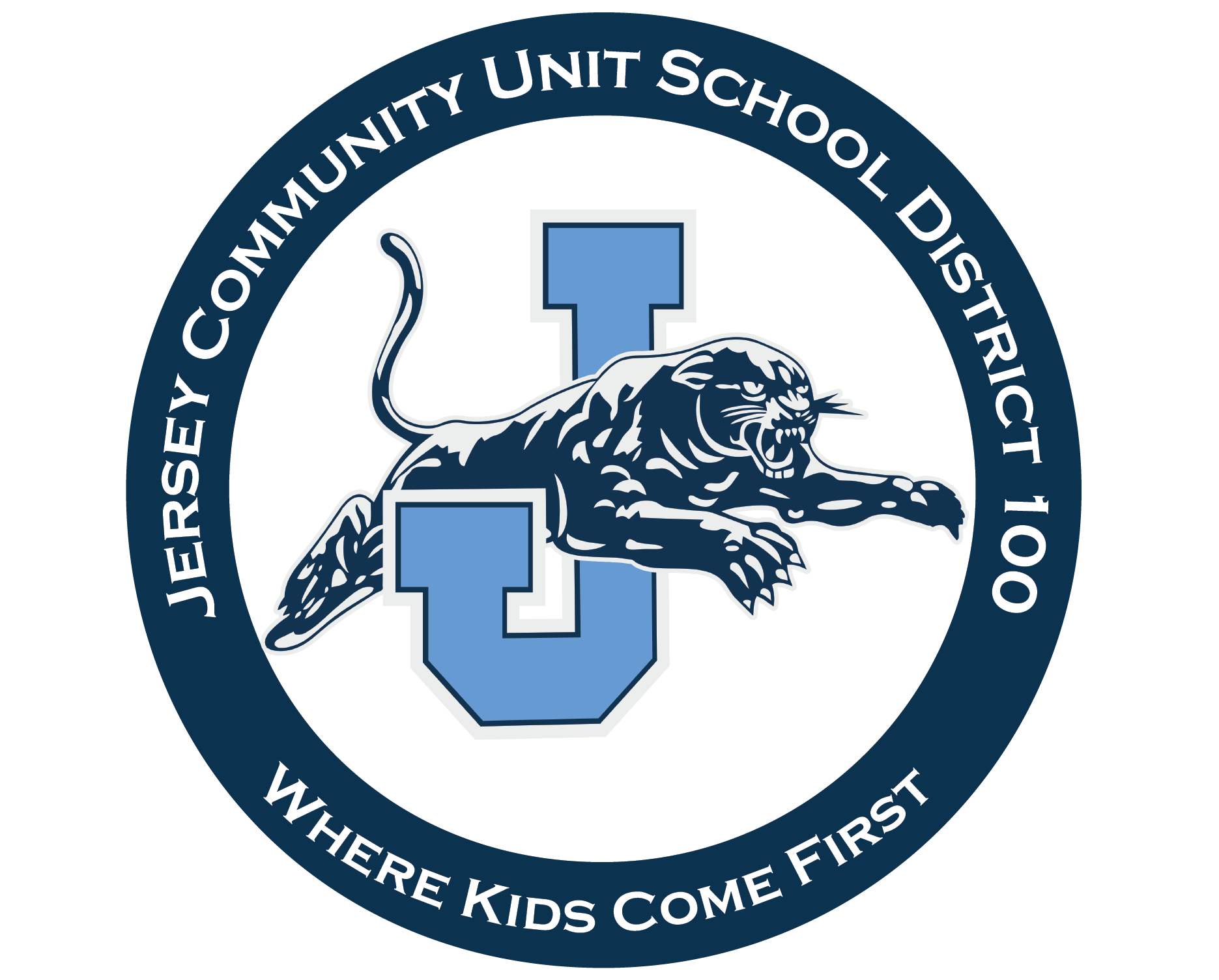Seventh Grade
Grade 7 Math Curriculum Framework
Identify the unit rate of change and calculate unit rates associated with ratios of fractions
Use proportional relationships to solve multistep ratio and percent problems (e.g., tax, gratuities, commissions, percent of increase and decrease)
Solve multistep word problems by adding, subtracting, multiplying, and dividing positive and negative whole numbers, fractions, and decimals
Construct simple equations and inequalities to solve real-world problems
Solve problems involving scale drawings
Solve real-world and mathematical problems that include angle measure, area, surface area, and volume
Use statistics to draw inferences and make comparisons about two populations
Make sense of problems and persevere in solving them
Reason abstractly and quantitatively
Construct viable arguments and critique the reasoning of others
Model with mathematics
Use appropriate tools strategically
Attend to precision
Look for and make use of structure
Look for and express regularity in repeated reasoning
Grade 7 Literacy Curriculum Framework
Students will build reading, writing, speaking, and listening skills, using grade 7 complex texts and other media formats
Analyze text explicitly citing several pieces of textual evidence and inferential observations
Determine the development of theme and provide an objective summary
Identify impacts of story and drama elements on development of characters or plot
Determine the connotative and figurative meanings of words/phrases and analyze the impact of rhyme, contrasts in point of view, and repetition of sound in stories and poems
Compare and contrast a text to its audio or multimedia version analyzing the techniques of each media format and discovering how authors portray fictional events in relationship to historical accounts of the same event
Plan, write, revise, and share argumentative, informative, and narrative pieces in a clear, organized manner using relevant evidences, dialogue/quotations, domain-specific vocabulary, cohesion, and a supportive or reflective conclusion
Use conventions of standard English grammar with particular attention to the function of phrases/clauses and expression of concise ideas to eliminate redundancy
Clarify meaning of unknown and multiple-meaning words/phrases with a range of strategies, including the use of Greek/Latin roots or affixes, figurative language, word relationships, and nuances
Engage in collaborative discussions on various issues, topics, and texts with diverse partners who are prepared to pose questions, elicit elaboration, comment on relevant observations, and modify their own views
Present ideas and claims to an audience emphasizing significant facts, valid reasoning, adaptive speaking skills, and multimedia components
Science and Social Studies Framework
Social Studies Standards
Science Standards
Grade 7 Curriculum Resources
HmH Into Literature
Novel Studies:
McGraw Hill Reveal Math
No Red Ink
NWEA MAP
IXL - Math, English, Reading, and Social Studies
ALEKS Math
Discovery Education
McGraw Hill: Inspire Science
Social Studies Units including: the Declaration of Independence, Revolutionary War, the U.S. Constitution and the Bill of Rights/Amendments, Lewis and Clark and westward expansion, and the Civil War
Technology: Newline Interactive boards, student Chromebooks
Summer Reading Suggestions for Kids Going Into Eighth Grade
Grade 7 Online Resources for Parents and Students
